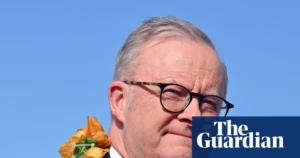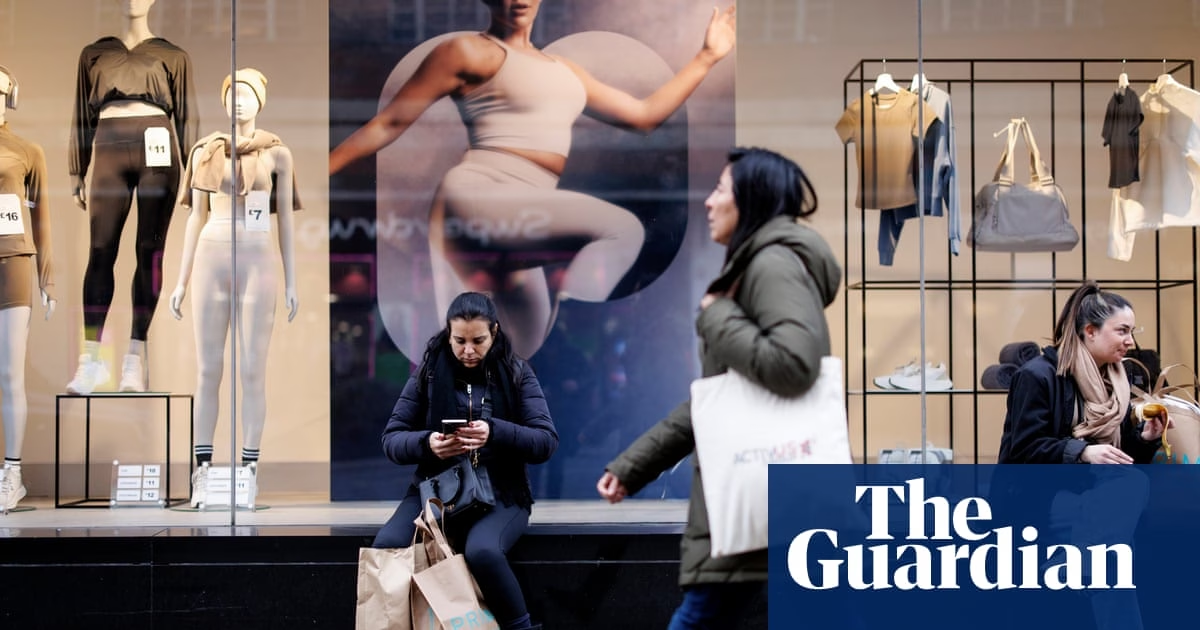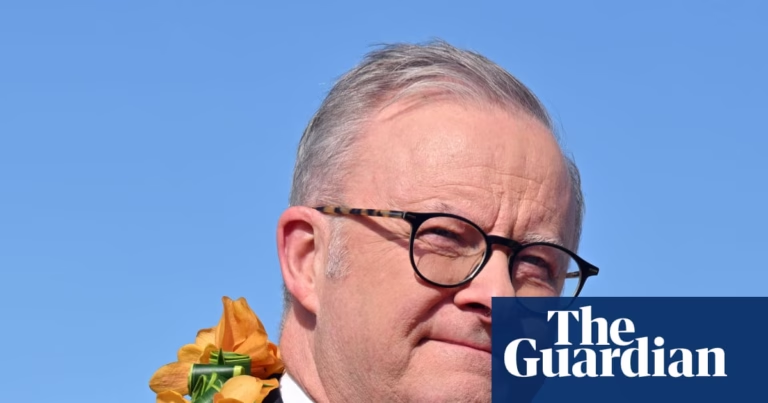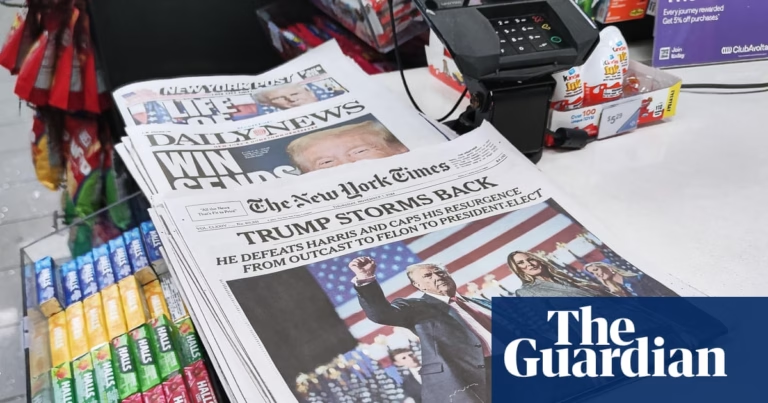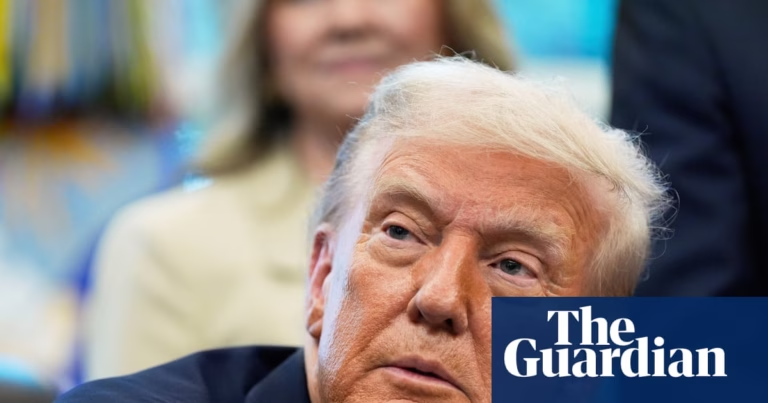Consumer confidence in the UK has fallen to its lowest level in over a year amid concerns that trade wars initiated by Donald Trump could further raise living costs for British households.
The latest sentiment measure from data company GfK fell in April to the lowest level since November 2023, influenced by a combination of domestic tax hikes, increasing bills, and worries over the US president’s tariffs on consumers.
The government and the Bank of England have been closely monitoring the consumer confidence index since the early 1970s for early warning signs from the economy, which decreased by four points to -23.
Neil Bellamy, GfK’s consumer insights director, stated that consumers are facing “multiple April cost increases” from utility bills, local taxes, stamp duty, and road taxes. Additionally, they are hearing dire warnings of renewed high inflation due to Trump’s tariffs.
The unpredictable approach of the US president, less than 100 days into his second term, is rattling the global economy, as his tariffs threaten to disrupt international supply chains, causing a significant shock to the world economy.
Economists caution that Trump’s tariffs on goods imported to the US will slow down global growth, increase prices for American consumers, and have already led to a sharp decline in US consumer confidence.
The inflationary impact outside the US is less clear, as goods from US trading partners could be rerouted to other destinations, potentially causing prices to drop. However, businesses are increasingly warning about supply chain disruptions forcing price hikes.
According to GfK’s latest data, UK consumer expectations for the general economic situation over the next 12 months decreased by eight points to -37, a considerable decline compared to April 2024. The forecast for personal finances over the next 12 months also fell by four points to -3, five points worse than last year.
Falling confidence levels can signal a slowdown in consumer spending as households become more cautious about their financial outlook, especially when it comes to larger purchases.
Inflation in the UK has fallen from a peak of 11.1% in late 2022, currently standing at 2.6%, but the Bank of England predicts a rise to 3.7% this summer, with a gradual decline to a 2% target over the next two years.
Bellamy questioned whether Britain is facing another wave of rapidly rising prices due to Trump’s tariffs. If so, consumer confidence would likely plummet, eroding the broad improvements seen since the low confidence levels hit in September 2022.
